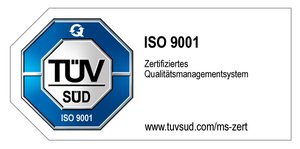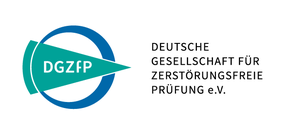Tolerance
Tolerance is defined as the permissible deviation from a standard that does not require countermeasures because it does not endanger the function of a system. For manufacturing processes, this therefore means that within the tolerance, the actual dimension of a workpiece may deviate from the nominal dimension of the drawing. Without defining tolerances, complete interchangeability of individual parts and thus mass production as well as series production of the same would be impossible. Thus, tolerance management is an essential part of quality management. The basic principle of tolerance management is to avoid errors in advance instead of correcting them afterwards. It is therefore an essential tool, both for shortening development, production and rework, and for gaining knowledge about process risks, concept errors or weak points. With the help of the reference point system (RPS), a clear and reproducible positioning of individual parts, assemblies or complete systems is made possible. In this way, tolerances of the respective components can be precisely coordinated and position consistency can be ensured throughout the inspection process.
We find the perfect solution for your project.
Contact us if you have questions to our services in the area of 3D metrology. We are looking forward supporting you in your success.



